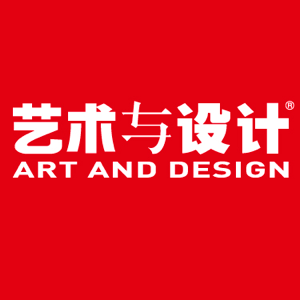
Zhou Yilun, a "master of soft decoration", has a wide range of works, including furniture, lighting, curtains, carpets, paintings, ornaments, etc., which are full of solemn muddle-headed paintings and sacred and absurd patchwork. In his recent work, whether it is religious solemnity or turning scraps from the world's factory into treasures, he has been a successful artist.

Most of zhou Yilun's works can be guessed that he must be from the mischievous, like to stir up strange things. He must have had a childhood of early awakening and more freedom than his peers. But by my account, he grew up in a slightly more serious family. His parents were so demanding that he spent most of his teenage years studying.

Born in 1983, Zhou Yilun began to learn Chinese painting from the members of Xiling Printing Association in primary school, and his fine arts scores kept the first place in the school. However, he did not realize that he regarded painting as the happiest way of leisure and gradually learned to be good at it as a bargaining chip to exchange personal space for independent development.

A recyclable life theater is built in the tattered and shabby, which interprets the state of life brought by the wild aesthetic.
Zhou Yilun's view on "art" has also changed with time, from advocating and believing in "art", immersed in the imagination of the great "art", to doubting and resisting "art", and even trying to forget "art", and discovering that there is no such exact "existence"..

As man shapes the world with his work, he is also being remade by it, in which the awe of experience is extended to the little things of life, in which every little thing he handles is audible, and in which man's initiative is merely to subvert useless things, or to throw them out altogether. The meaning under the restriction of words is dispelled in the circulation of things, just like why "art" is no longer important to Zhou Yilun, every thing people experience in the world must be examined, every event is full of revelation, whether it is a desk and chair, or the people and scenery in front of them.










